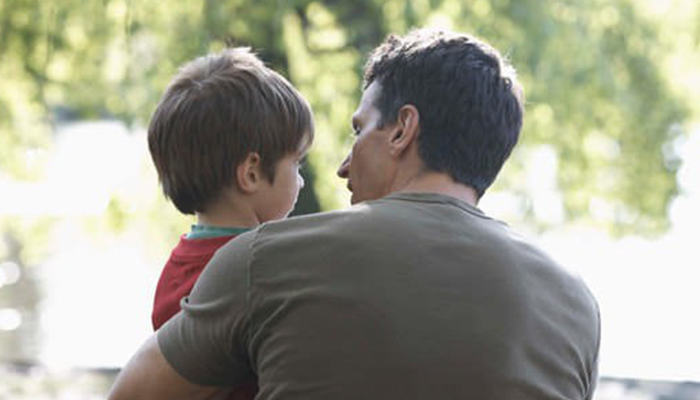Over the past few decades, our country has survived many tragedies, from 9/11 to school shootings. Violence has sadly become a part of our culture. However, the events in our own community over the past week have been especially gut wrenching to me. How do we talk to our kids about what’s happening in our own back yard?
If you’re looking for a way to approach this conversation, consider the following:
Start by asking your child, “what have you heard?” Regardless of age, your kids know that something is going on. Listen to them. Let them express themselves freely. Realize that tears are perfectly understandable when they are scared or sad. Consider how old your child is, as different aged kids absorb, process and think very differently. Younger kids, such as preschoolers and elementary age kids, think in more concrete terms, while pre-teens and teenagers are able to think abstractly. If you’re speaking with a young child, keep the conversation simple. Don’t add unnecessary details and answer the questions they have rather than those left unsaid. If your child is older, take the time for a lengthier conversation. My family has personally had some very intense discussions over the dinner table this week. By letting our son and daughter talk about their thoughts and feelings, we were able to support them and give them the fact checks that they needed to process what is going on.
To the best of your ability, limit the media that your young children are exposed to and the conversations they hear at home about these events. This in no way means that they do not pick up on things; kids feel our stress and emotions, too. Just be aware of this sensitivity when you are around them. Older children have almost unlimited access to information. I first heard about the Minneapolis fires from my teenage daughter when she shared a Tik Tok video. ASK your kids what they are reading about. Be curious about it and inquire (without judgment) where they get their information, who is providing it, and what perspectives they are hearing, which may change the way information is provided.
Always provide security to your kids, especially your younger children. Emphasize that you will keep them safe (because you will). Snuggle. Create art. Play. Let them express themselves through these things so that they can share with you without having to use words.
Lastly, watch for changes in your child that may signal a more serious response. Are they having sleeping problems? Do they have physical complaints like stomach aches or headaches? Are they expressing feelings of depression or anxiety? If they are, please reach out to us at South Lake Pediatrics so we can further navigate how to help you help them. We all want the best possible outcome for your child during this stressful time.
Click on the link https://www.nytimes.com/2017/08/14/books/review/children-violence-racism-charlottesville.html to connect with a list of books about how to discuss racism and violence with your child, if you would like additional sources.
Most importantly, remember the Fred Rogers quote: “Always look for the helpers.” I’ve seen this posted in several articles over the last few days and there is a truth to this message. Show your kids pictures and stories of families bringing food to people who are unable to get to their grocery store; neighbors coming together to clean up the streets. Discuss as a family what you can do together to help your community. There are kind and good people in this world wanting to do the right thing. Help your child become part of that solution, with you alongside them guiding the way.
We at South Lake Pediatrics wish to be there for you however we can, guiding our children through this time of uncertainty. May we all come together as a stronger and more understanding community.

Leave a Reply